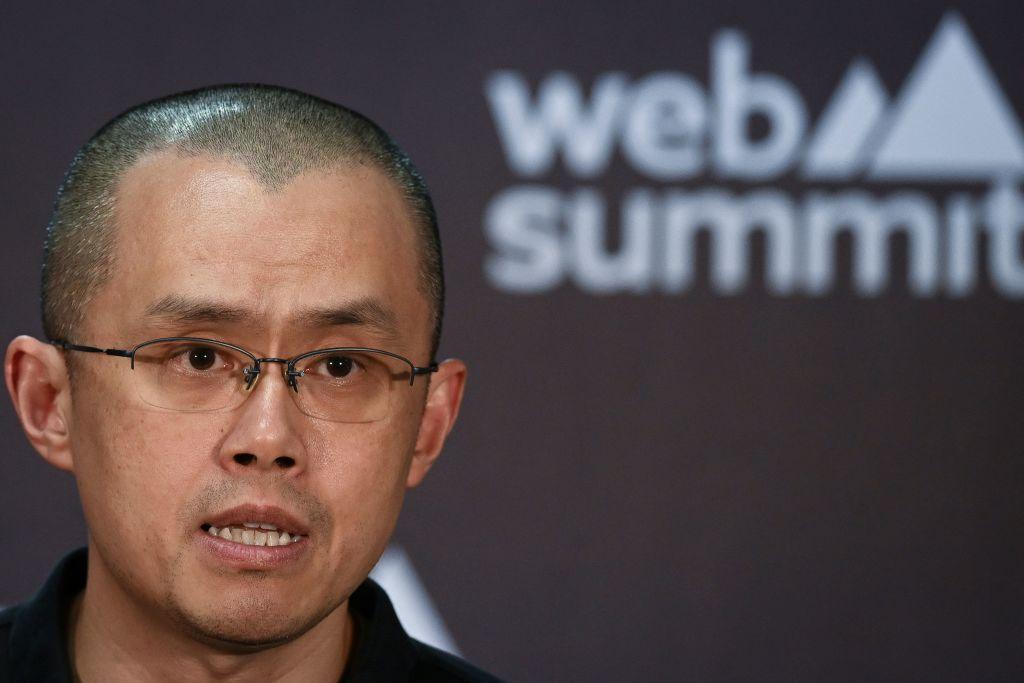On Monday, the Securities and Exchange Commission (SEC) announced charges against the popular San Francisco-based cryptocurrency platform Kraken for operating as an unregistered securities exchange and broker-dealer and reaping hundreds of millions of dollars in unlawful profits.
Then, on Tuesday, more news came that rocked the crypto and financial markets: Changpeng Zhao, commonly known as “CZ,” pled guilty to charges of money laundering in a Seattle federal court and said he would step down as CEO of Binance, the leading global crypto exchange since the demise of its rival FTX in November 2022. He will also pay a staggering $4.3 billion fine.





